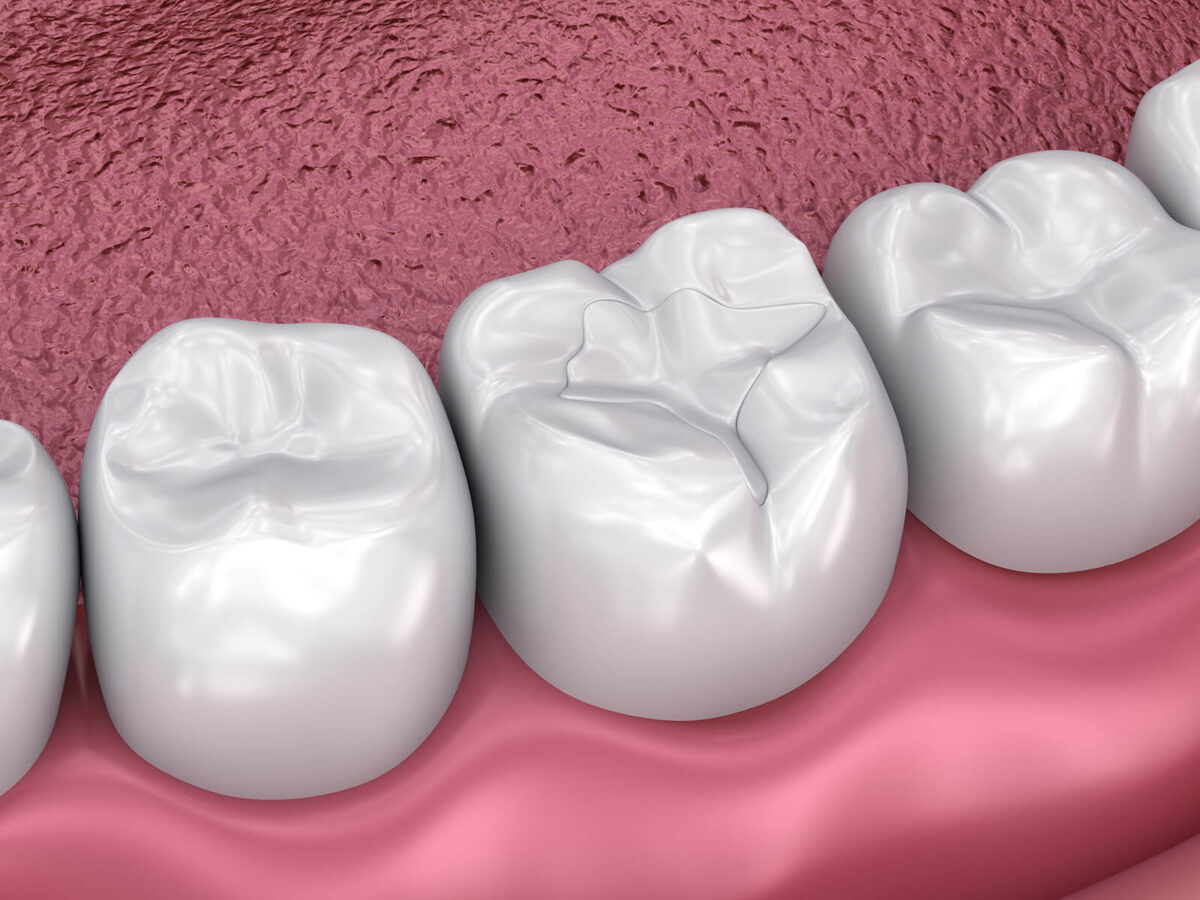Blog
Dental hygiene tips for healthy teeth & gums

The Cost of Dental Sealants: Is It Worth The Investment?
Preventive measures are vital for maintaining optimal dental health, which in turn affects overall health. Dental sealants are one such preventive tool, designed to shield teeth from decay and cavities. However, there’s often uncertainty regarding the cost-effectiveness of dental sealants.
In this article, we’ll explore dental sealants, the factors influencing their cost, and whether investing in this preventive dental procedure or opting for dental insurance coverage, is worthwhile.
Understanding Dental Sealants:
Dental sealants are thin protective coatings applied primarily to the chewing surfaces of molars and premolars. By doing so, they form a barrier, preventing food and plaque from reaching the tooth enamel, thereby protecting against decay.
Benefits of Dental Sealants:
- Dental sealants significantly reduce the risk of decay when applied to the chewing surfaces of back teeth.
- Compared to the cost of treating a cavity, dental sealants emerge as a cost-effective preventive measure.
- The application of dental sealants is pain-free, requiring no anesthesia or drilling.
- The procedure is quick, and often completed during a routine dental checkup.
- Dental sealants benefit individuals of all ages, not just children.
- With proper care, they can offer protection for several years.
Factors Influencing the Cost of Dental Sealants:
- Geographic location can influence the cost, with prices varying based on local living standards and the availability of dental care.
- The expertise and experience of the dental professional can also affect the cost.
- The type of sealant material chosen can influence the price.
- The number of teeth requiring sealants will impact the overall cost.
- Dental insurance may cover a portion or the entirety of the cost, reducing out-of-pocket expenses.
- Some dentists offer discount plans or packages to make dental sealants more affordable.
Cost vs. Benefits Analysis:
When evaluating the worth of dental sealants, consider the following:
- Dental fillings, the standard treatment for cavities, can be more expensive than preventive sealants.
- Dental sealants offer long-term savings by preventing decay for extended periods. Their cost-effectiveness becomes evident when viewed as an investment in long-term oral health.
- Dental sealants are a proven preventive measure against tooth decay.
- Preventing cavities not only saves money but also avoids the inconvenience and potential discomfort of invasive dental procedures.
- Dental sealants preserve the natural aesthetics of teeth.
Accessibility and Affordability of Sealants:
The decision to opt for dental sealants depends on various factors, including the accessibility and cost of dental care in a particular region. For individuals with limited access to dental care or those on a tight budget, sealants can be a valuable and affordable preventive option.
Insurance Coverage:
Many dental insurance policies cover sealant procedures for children and may offer partial coverage for adults. Reviewing your insurance policy can provide clarity on potential costs.
Consultation with a Dentist:
Before deciding on dental sealants, consult a dentist or dental professional. They can provide tailored advice based on your dental health and budget.
Maintaining Dental Sealants:
For longevity, follow these maintenance tips:
- Maintain a routine of brushing with fluoride toothpaste and daily flossing.
- Limit the consumption of sugary and acidic foods and drinks, as they can promote decay.
- Regular dental checkups allow the dentist to assess the condition of your sealants and make necessary adjustments.
- Monitor your sealants and consult your dentist if you have concerns.
In Summary:
Dental sealants offer a preventive measure against cavities, potentially saving money and preserving the health of teeth for an extended period. It’s essential to weigh the benefits of dental sealants against the cost and potential discomfort of treating cavities. Before making a decision, consider your oral health goals, budget, and access to dental care. If in doubt, consult a dentist for guidance.


